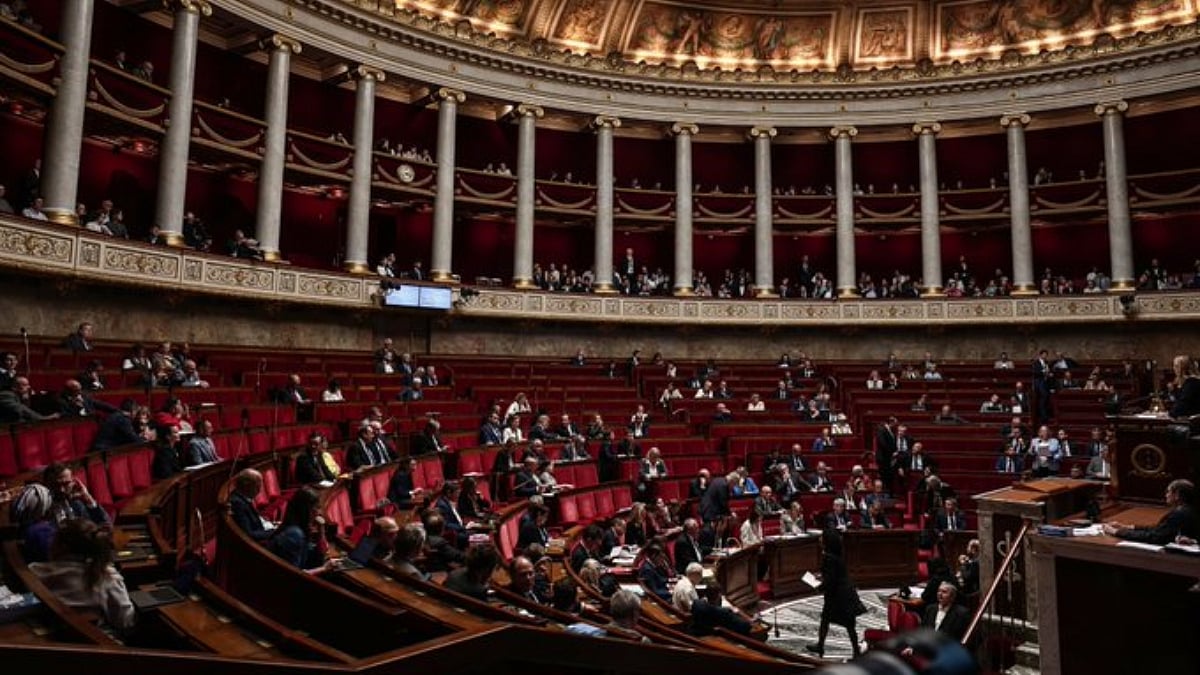Paris: The French Parliament on Tuesday approved a controversial farm bill that clears the way to reauthorizing a cancer-inducing pesticide, despite widespread opposition by environmental organizations, public health specialists, and leftist deputies.
By 316 to 223, National Assembly voted the final approval on the Duplomb-Menonville bill, which had originally been sponsored by Senators Laurent Duplomb and Franck Menonville.
The legislation is a response to mass demonstrations by peasants earlier in 2024, and it proposes loosening regulatory barriers to agriculture, but one of its most controversial provisions has elicited bitter public and scientific opposition.
The regulation permits conditional registration of one of the neonicotinoid insecticides that have been prohibited in France due to their impacts on pollinators and also because they are harmful to human beings, namely, acetamiprid. Although still permitted in other countries of the European Union until 2033, France had long since accepted a more cautious decision.
Francelyne Marano, who is the vice-president of Ligue contre le Cancer and a environmental toxicologist, condemned the decision on news channels saying that it will have disastrous consequences to expose people, and more importantly, children, to acetamiprid.
“We are not sufficiently protecting vulnerable populations,” she noted, adding that “there should be protection following a demonstration of carcinogen potential.”
Cancer patient groups, environmental NGOs, and beekeepers have found common ground in opposing reintroducing the pesticide. Beekeepers, in their case, have called it a “bee killer” because of its toxic impacts on populations of pollinators.
Its supporters, including the right-wing Les Républicains party, the extreme right National Rally party and most of the centrist president Emmanuel Macron's governing coalition, insist that France needs this kind of bill in order to stay more competitive and also guarantee food security.
Agriculture Minister Annie Genevard defended the text, stating it allows farmers to “adapt without becoming collateral damage in the ecological transition.”
The sentors in favour of the bill reassured the Assembly saying that they will only spray their pesticides on about 500,000 hectares, or 1.7% workable land. Identification of industries which will be affected will be saved for France's National Institute for Agricultural Research (INRAE), who will publish their results later this fall.
It also includes measures to simplify water storage facilities for irrigation and simplify permits for large-scale livestock production; measures criticized by environmentalists as ecologically irresponsible and tossing a switch towards large-scale agriculture once pricey and wasteful, in favor of more conservation-friendly systems.
Leftists and Greens were prompt in their denunciations of the bill. Socialists' Mélanie Thomin described it "a tremendous ecological reversal," and La France Insoumise's Aurélie Trouvé explained that it "makes fatal pesticides legitimate" and jeopardizes public health. Greens MP Delphine Batho blamed the government for disregarding science and public opinion.

Other opposition groups also threatened to appeal their cases to Constitutional Council, alleging that the law breaches France's constitutional precautionary principle and environmental non-regression commitments.
This law has now become symbolic of France's growing chasm regarding agriculture, ecology, and keeping a messy country's cost of living affordable.










